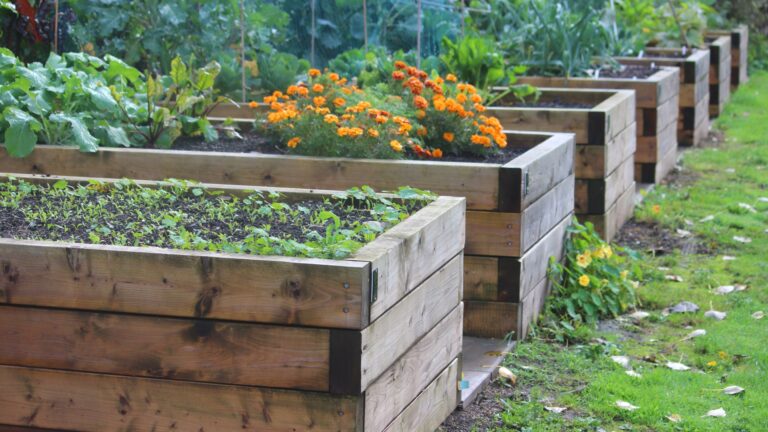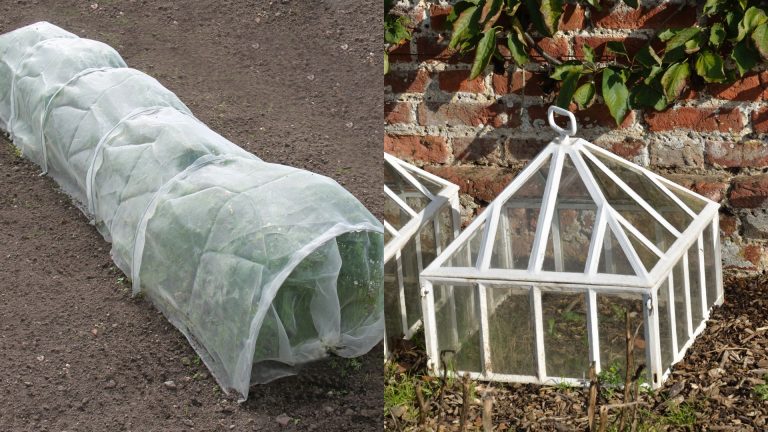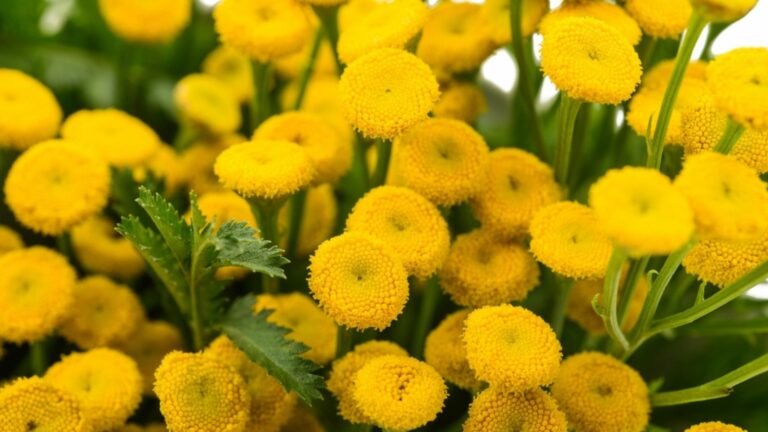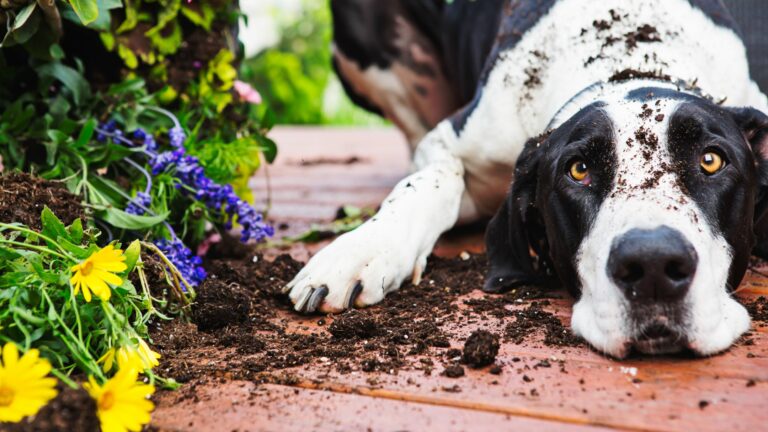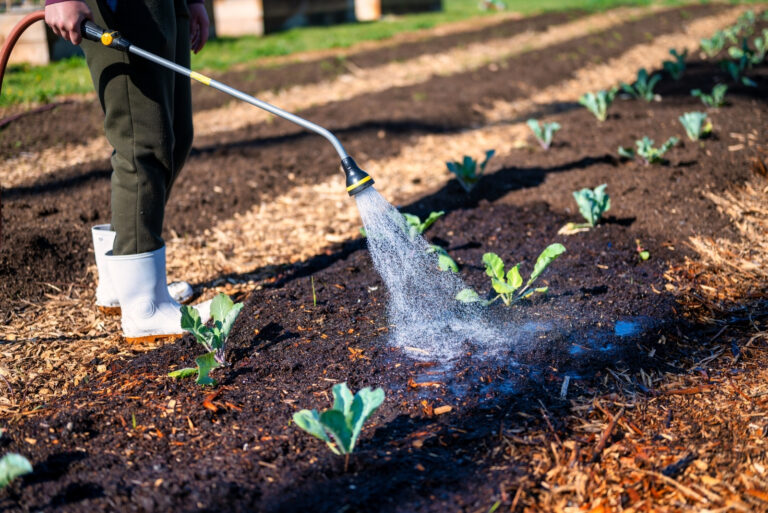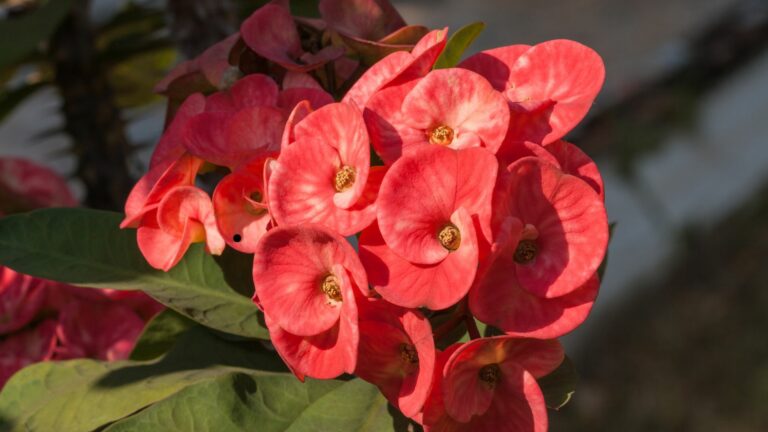Why Nashville Homes Might Add Rain Garden Features Under Maples To Harvest Fall Showers
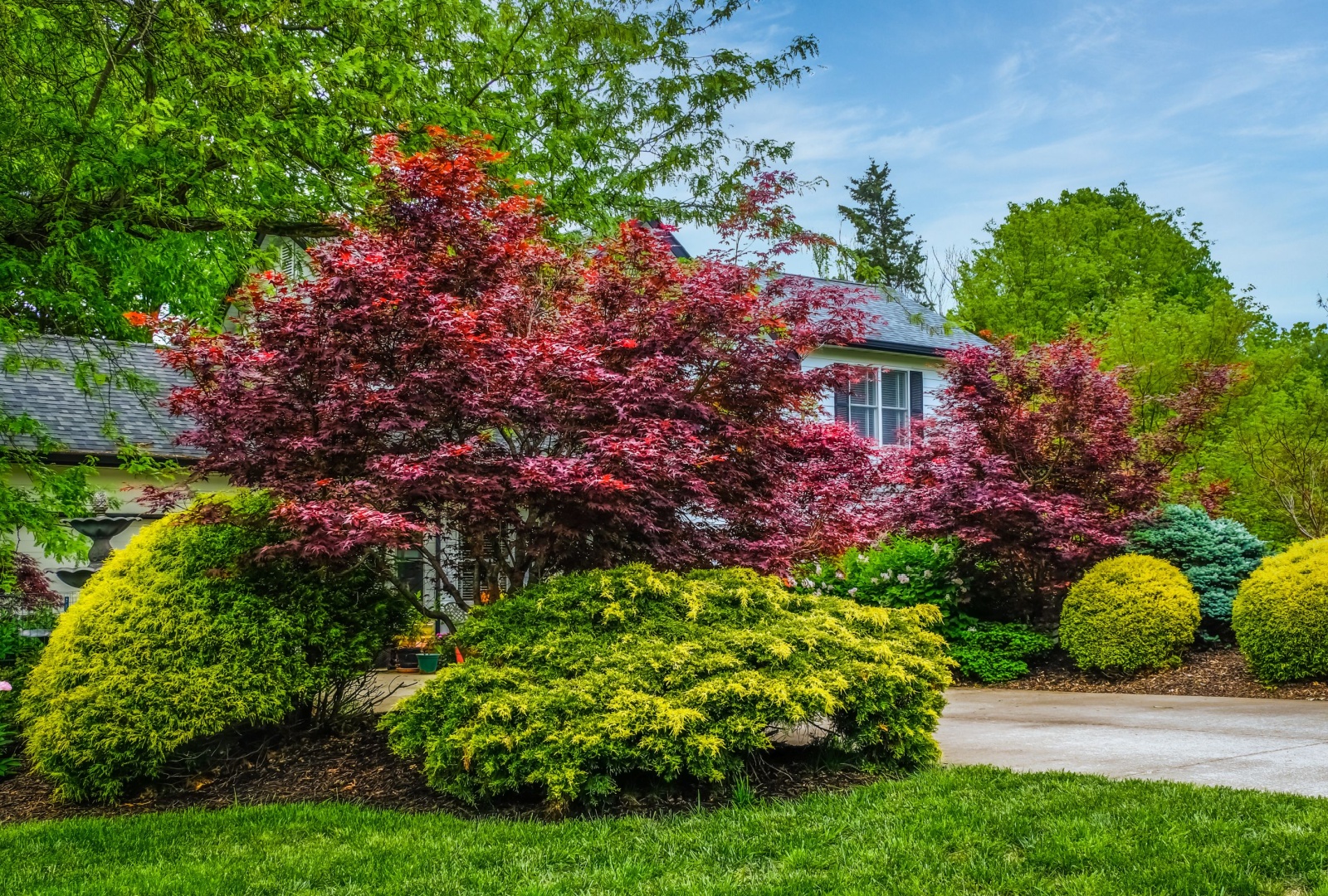
Nashville homeowners are discovering a smart way to handle autumn rainfall while adding beauty to their yards. Rain gardens placed strategically under maple trees can capture those abundant fall showers that Nashville often experiences.
This eco-friendly approach not only helps manage water runoff but also creates stunning landscape features that change with the seasons.
1. Natural Flood Prevention For Nashville’s Rainy Season
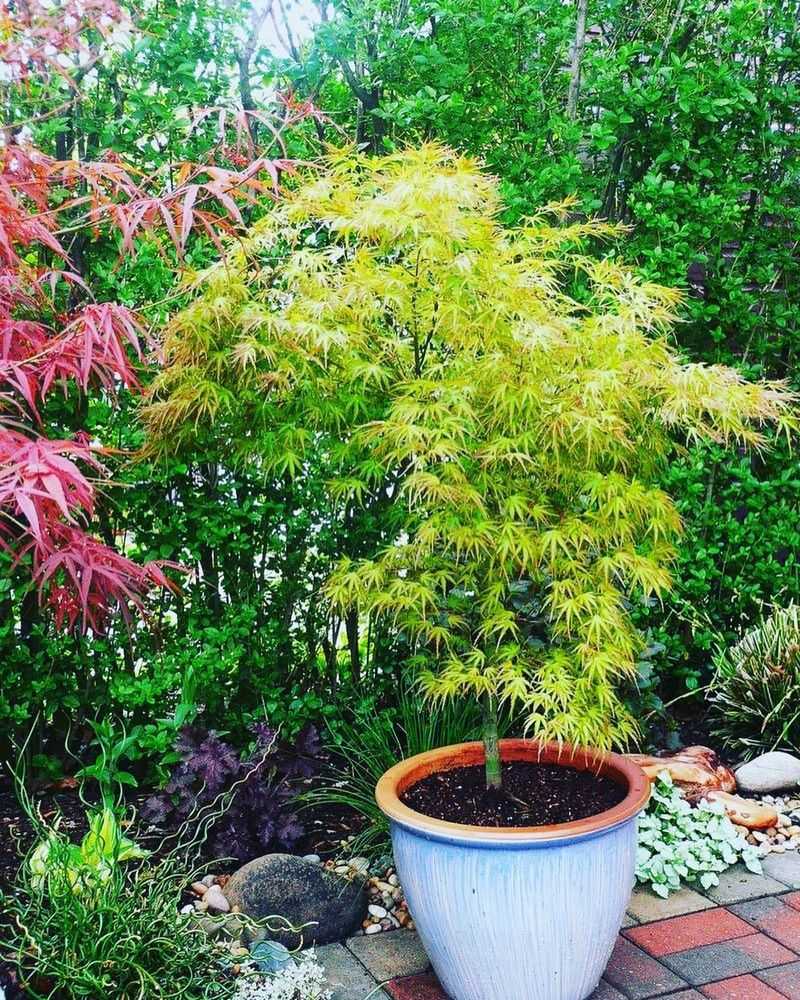
Fall in Nashville brings those famous Tennessee downpours that can overwhelm drainage systems. Rain gardens under maples act like natural sponges, soaking up excess water before it floods your yard or basement.
The maple’s root system works together with the garden’s special soil mix to direct water deep into the ground. Many neighborhoods in areas like Bellevue and Green Hills have seen reduced flooding after installing these simple features.
2. Maple Leaf Mulch Creates Free Garden Nutrients
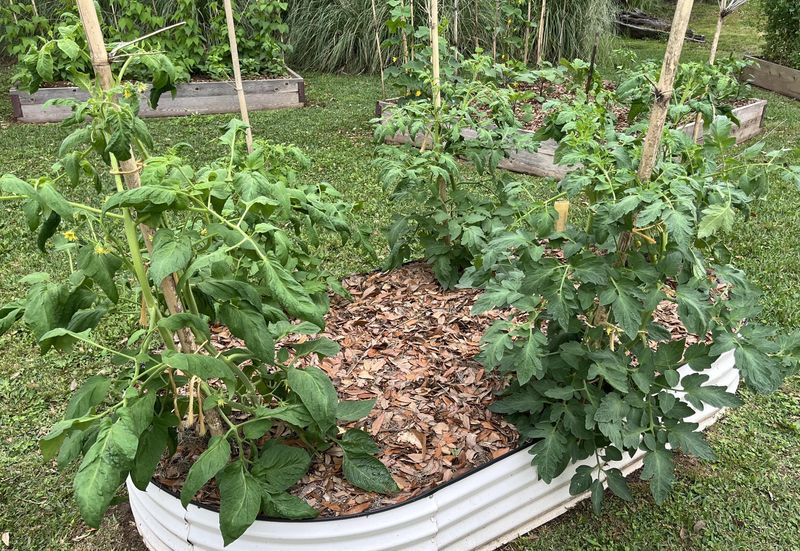
Mother Nature provides free fertilizer every autumn when maples drop their colorful leaves. As these leaves break down in your rain garden, they release nutrients that feed native plants without costing you a penny.
The decomposing leaves also form a natural mulch layer that keeps moisture in the soil during Nashville’s dry spells. Local gardeners report using up to 80% less store-bought fertilizer after establishing maple-shaded rain gardens.
3. Water Bill Savings Through Smart Harvesting
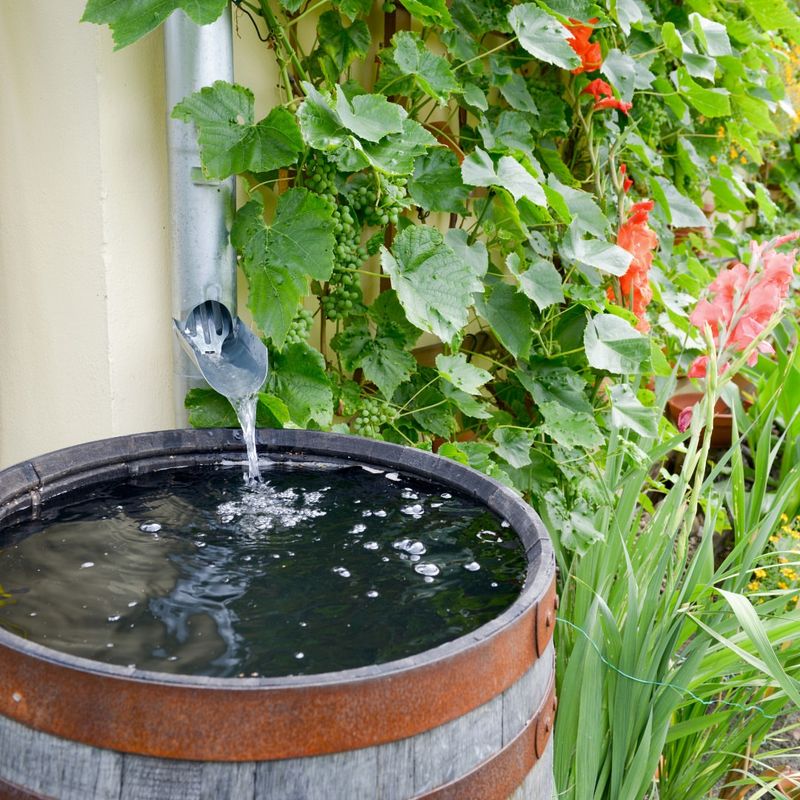
Catching rainwater under maples means free irrigation for your garden. Nashville families have reported saving up to $200 annually on water bills after installing these clever systems.
The maple canopy slows down rainfall, allowing water to gently percolate into the garden rather than running off. During Nashville’s sometimes dry falls, this stored moisture continues feeding plants for weeks after the last rainfall.
4. Vibrant Fall Colors Enhanced By Moisture-Loving Plants
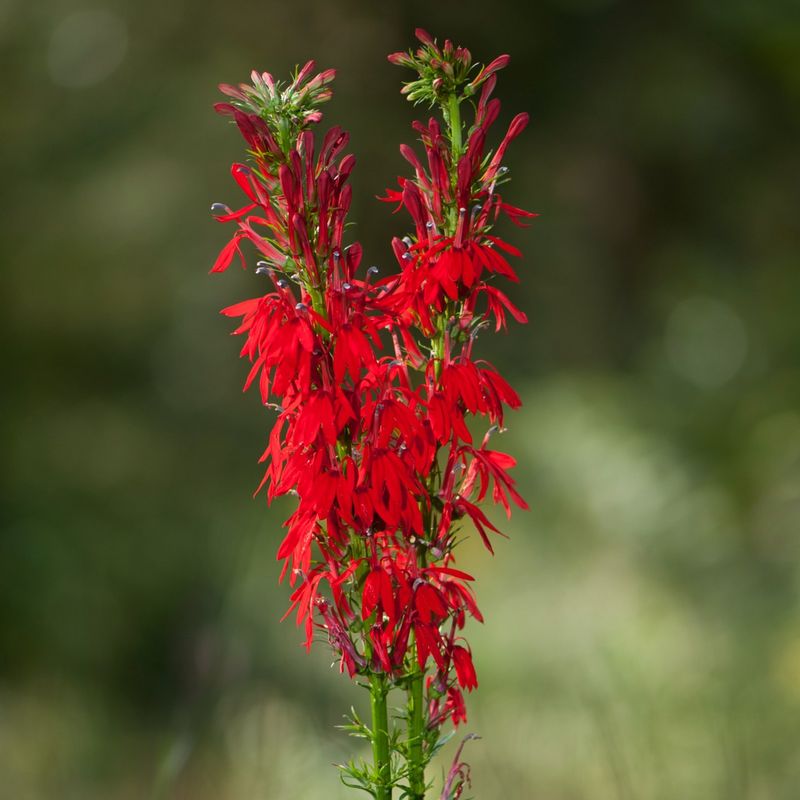
Imagine stepping into your yard surrounded by a symphony of colors! Rain gardens planted under maples create stunning visual displays when autumn arrives in Nashville.
The garden’s moisture-loving plants like cardinal flower and blue lobelia provide vibrant ground-level colors that complement the maple’s fiery canopy above. This double-layer color effect has become a favorite feature in Nashville’s Germantown and East Nashville neighborhoods.
5. Wildlife Habitat Creation In Urban Settings
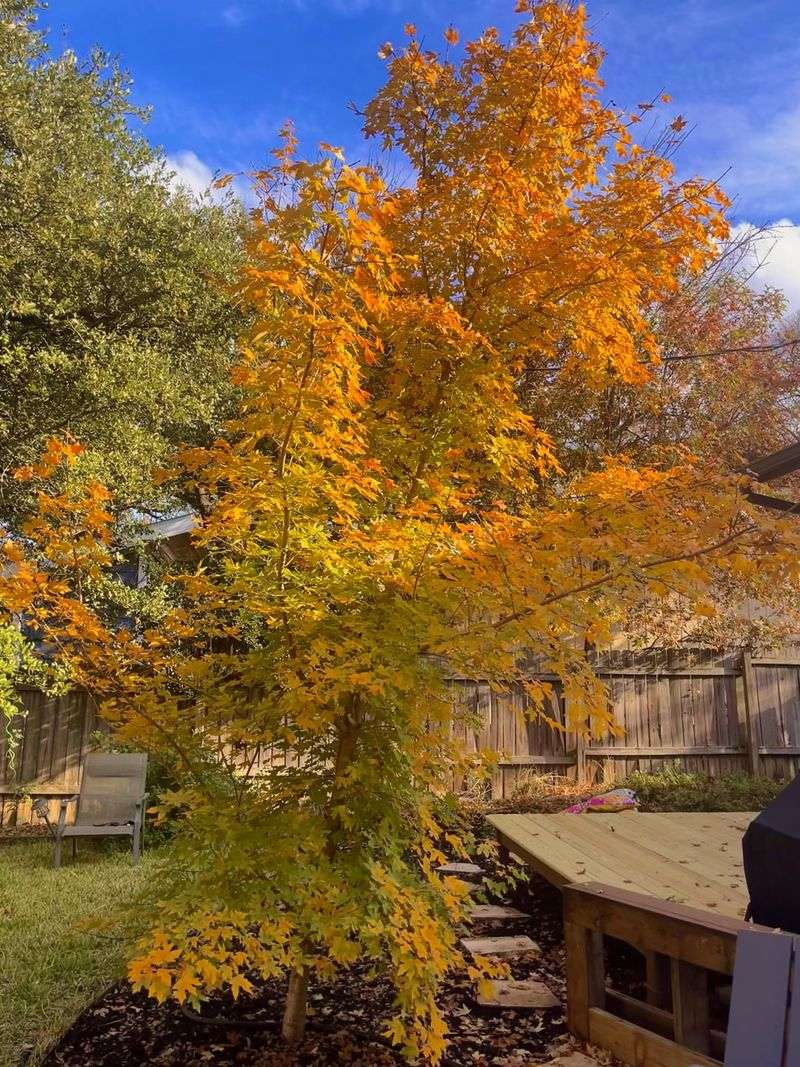
Birds, butterflies, and helpful pollinators flock to these mini-ecosystems. Nashville homeowners report seeing monarch butterflies, goldfinches, and even hummingbirds visiting their maple-shaded rain gardens during migration seasons.
The combination of maple trees and native rain garden plants provides food, shelter, and water sources for urban wildlife. Some Nashville schools have even created these gardens as outdoor classrooms to teach students about local ecosystems.
6. Increased Property Values With Eco-Friendly Landscaping
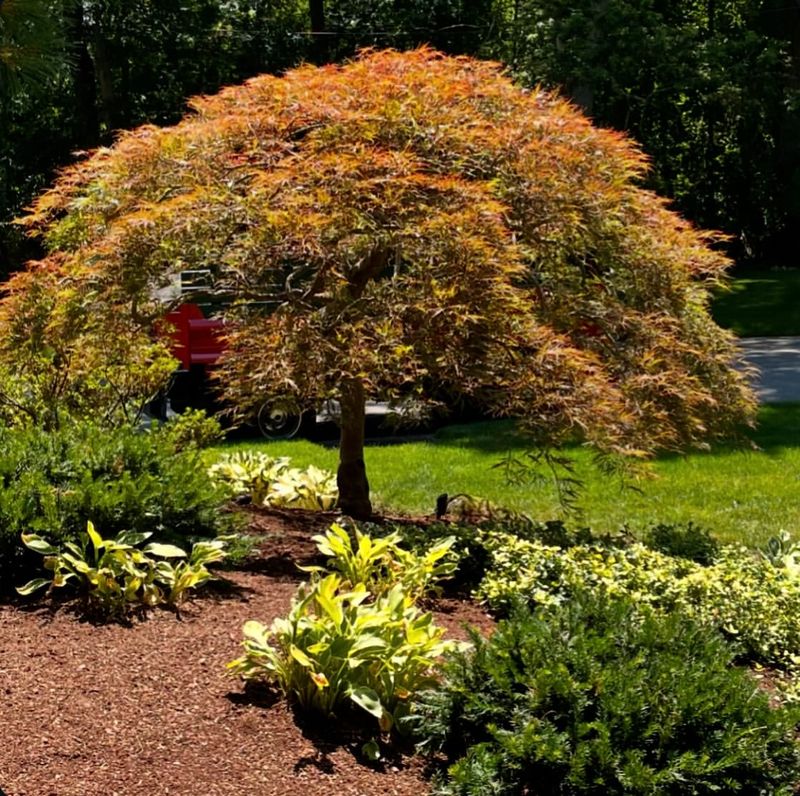
Nashville real estate agents have noticed homes with thoughtful rain gardens selling faster and for higher prices. These eco-friendly features appeal to today’s environmentally conscious buyers looking for sustainable homes.
A study from Nashville’s Green Homes Initiative found properties with rain gardens under established trees commanded 4-7% higher selling prices. The maple’s shade also helps reduce cooling costs during Nashville’s hot summers, creating additional long-term value.
7. Community Stormwater Management Incentives
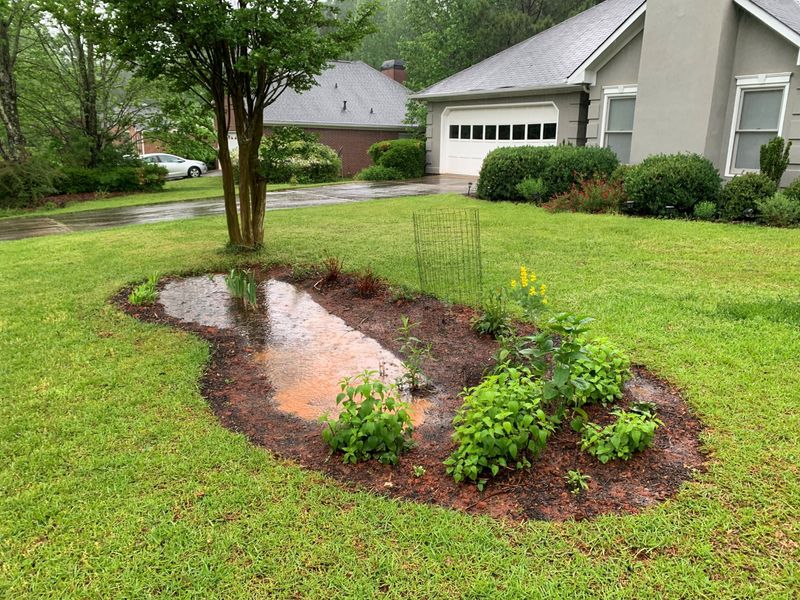
Nashville’s Metro Water Services offers rebates and incentives for homeowners who install rain gardens! These programs can cover up to 50% of installation costs when gardens meet specific guidelines.
The city recognizes how maple-positioned rain gardens help reduce pressure on aging stormwater systems. Neighborhoods like 12South and Sylvan Park have organized community workshops where neighbors learn to build these gardens together, strengthening community bonds while solving water issues.

